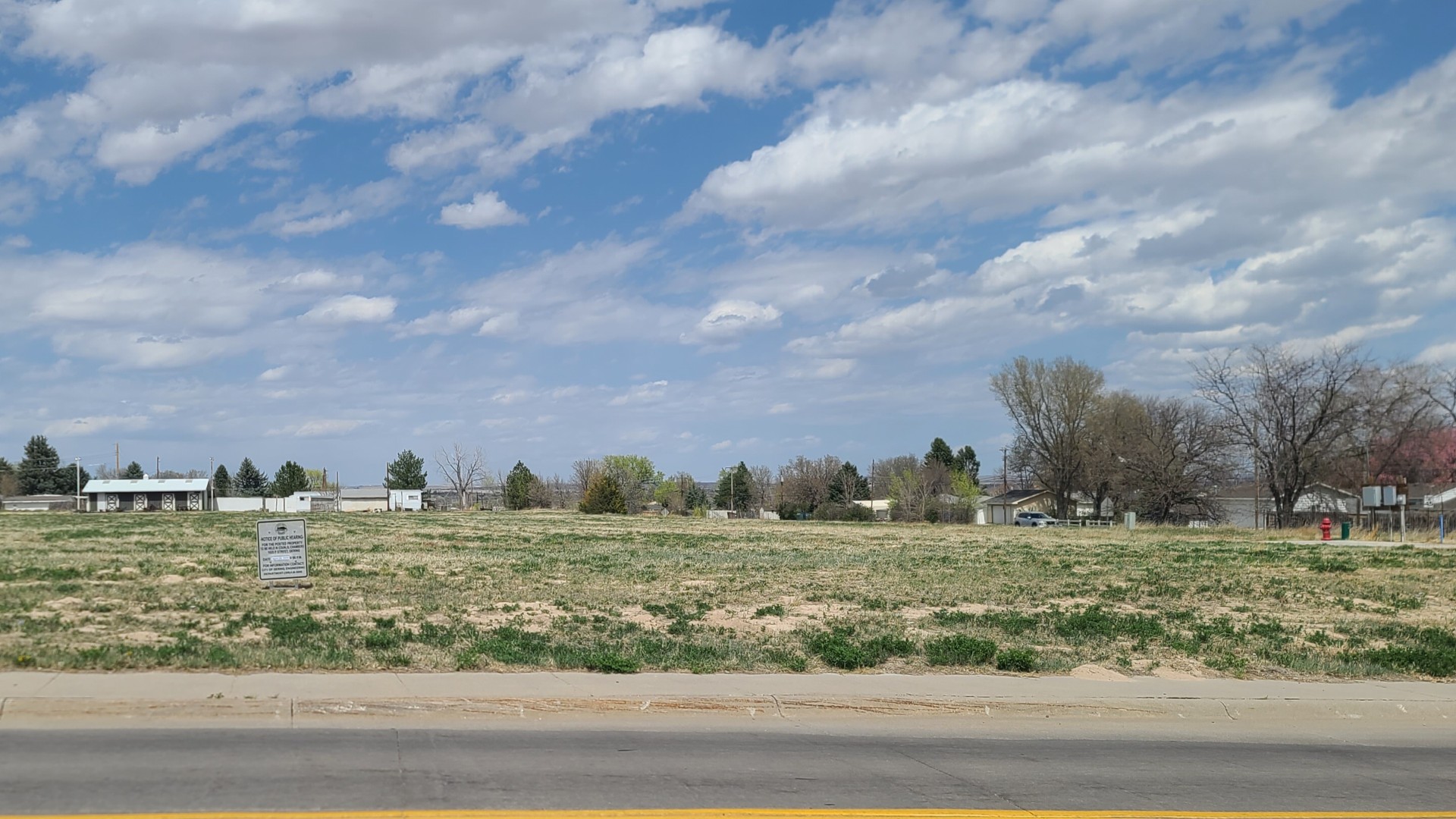Wellness Hub Planned: Transforming Five Rocks-Country Club Crossroads into Health Innovation Zone

A potential transformation is on the horizon for a prime piece of real estate in Gering. Next Monday, city officials will convene for a crucial public hearing to consider a zoning change proposal for the currently vacant lot situated at the intersection of Five Rocks and Country Club Roads.
The upcoming meeting presents an opportunity for local residents and stakeholders to learn about and potentially weigh in on the proposed land use modification. Community members interested in understanding the details of this potential development are encouraged to attend the city council session and participate in the public hearing process.
While specific details about the proposed zoning change remain limited, the hearing represents a significant step in the potential future development of this strategic corner location. City officials will carefully review the request and consider its potential impact on the surrounding neighborhood and broader community infrastructure.
Residents who wish to gain more information or provide input are invited to attend the Gering City Council meeting next Monday, where the zoning change request will be thoroughly discussed and evaluated.
